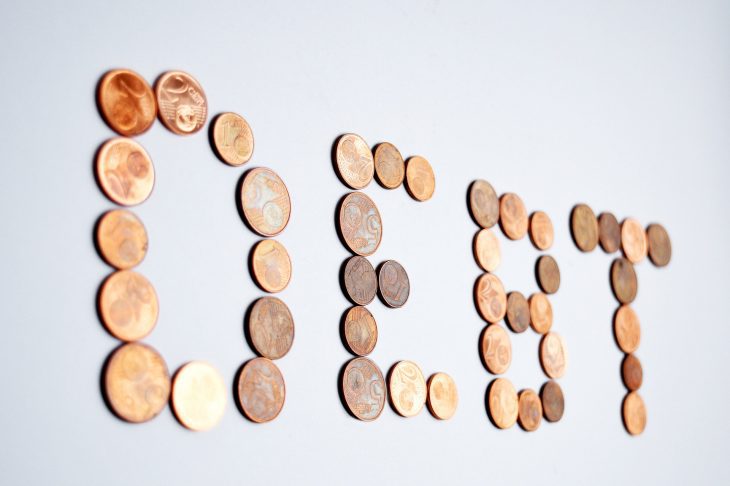Interesting article in the American Banker which suggests that Americans did not learn a lesson from the 2008 recession.
-
But 10 years later, what’s remarkable is how little the financial crisis changed Americans’ relationship to debt and savings. We still borrow more and save far less than prudence would dictate.
-
S. household debt, which declined between 2008 and 2013, has rebounded sharply.
-
By the first quarter of 2018, it was at an all-time high of $13.2 trillion. The composition of our debt has changed, and we’ve been better able to manage our obligations, thanks in substantial part to an extended period of low interest rates. But the crisis did not teach us a lesson about the perils of borrowing too much.
Remember the Recession? One out of every ten credit cards went into bad debt status. Unemployment was 9.5% and peaked at 10% in October 2009. Neighborhoods were raveged with foreclosures.
-
After the financial crisis, some observers argued that Americans were entering a new era of frugality, in which lenders would not be able to rely as heavily on interest income.
-
And for a time it appeared Americans were changing their money habits.
-
A survey that was conducted by the Consumer Federation of America in February 2009 found that 44% of consumers were making an effort to pay down their debt, compared with 38% the year before.
It is not just credit cards. Auto loans and Student loans each account for more debt than plastics.
-
But the rapid growth in auto loans was likely more attributable to an increase in the available supply — lenders took note of the high percentage of car owners who made their loan payments on time during the crisis and subsequently loosened their standards — than it was to changes in the demand for transportation.
-
The big question is what will happen to consumer debt levels as the Fed continues to raise interest rates. In an optimistic scenario, Americans who have been unable to earn a decent return on their savings over the past decade will start to sock away more of their earnings.
A prescription from a credit manager…Make it easy on yourself.. Save one out of every ten dollars you spend. Be strategic in your spending and try to use a credit card as a debit card, by not revolving. Never revolve discretionary spending from restaurants and groceries. Never just pay the minimum due.
Save like the economy is running well. Spend like the recession is still on.
Overview by Brian Riley, Director, Credit Advisory Service at Mercator Advisory Group









